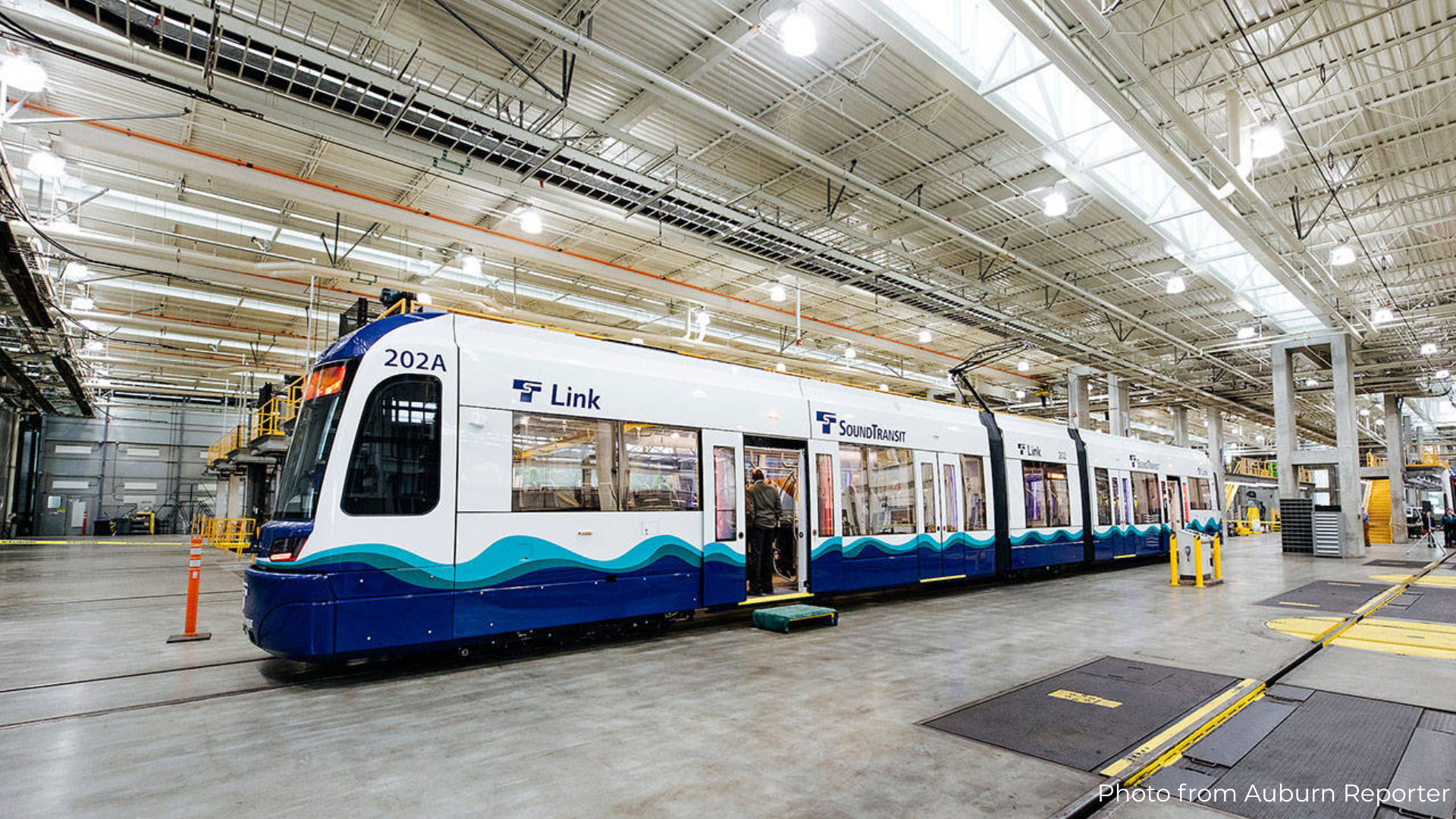Key Findings
- Metro Transit, which serves King County, is funded primarily by a 0.9 percent local sales and use tax imposed on King County residents.
- In 2014, Seattle voters approved a $60 vehicle fee and a 0.1 percent sales tax increase, providing additional funding to Metro Transit. These taxes are set to expire at the end of 2020.
- Seattle city officials are asking voters in November to approve Proposition 1 to not just renew the sales tax, but to increase it by 50% to a 0.15 percent sales tax.
- Metro’s latest projections show that over the next four years, county sales tax revenue collections will be roughly where Metro anticipated they would be in 2015, despite the pandemic.
- In 2015, officials forecast that Metro would collect $6.2 billion in sales tax revenue over the course of the decade (2015-2024). New projections show that even with the impact of COVID, the agency will collect an even greater $6.3 billion in sales tax revenue by 2024.
- Although Metro is expecting to receive $36 million less in sales tax revenue this year than what they projected in 2015, the agency is receiving $244 million in federal CARES Act money, putting the agency $208 million above where officials thought they would be this year.
- Local sales taxes are a broad and fair way to fund local transit. Those who support Metro’s proposed uses for the sales tax renewal and increase can choose to support the measure.
- Those who are more concerned about Metro’s financial outlook given the impacts of COVID-19 should know Metro does not need a six-year tax increase to stay afloat.
- Despite the recession, Metro still plans to spend $270 million on electrification between 2021 and 2028, and funds the potential full restoration of suspended service hours. These changes can and should wait.
- Not imposing a tax hike could give struggling Seattle businesses and residents some financial relief during the economic recovery.
Background
King County Metro, formally known as Metro Transit, was established in 1973 as the first county-wide transit system.1 It is now the tenth-largest transit agency in the United States, providing bus service, vanpools, paratransit, water taxi, and streetcar service throughout King County.
Public funding for Metro Transit comes primarily from a 0.9 percent local sales and use tax imposed on King County residents (0.3 percent approved in 1972, an additional 0.3 percent in 1980, an additional 0.2 percent in 2000, and an additional 0.1 percent in 2006). Sales tax revenue makes up a little over half of Metro’s revenue sources. Other taxes for Metro operations include a property tax, state and federal grants, and fares.
![]() Click here to read the full Citizens’ Guide to King County Metro Proposition 1.
Click here to read the full Citizens’ Guide to King County Metro Proposition 1.





